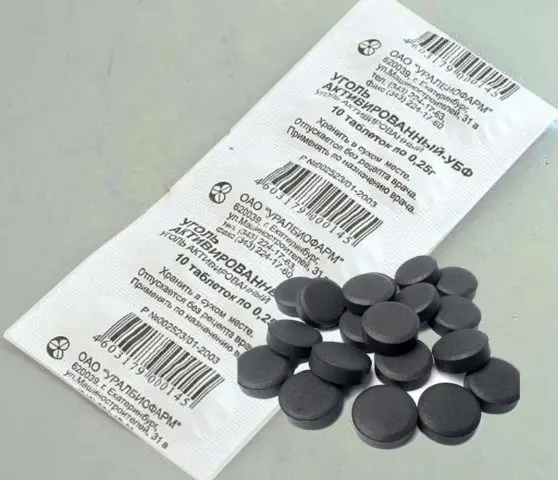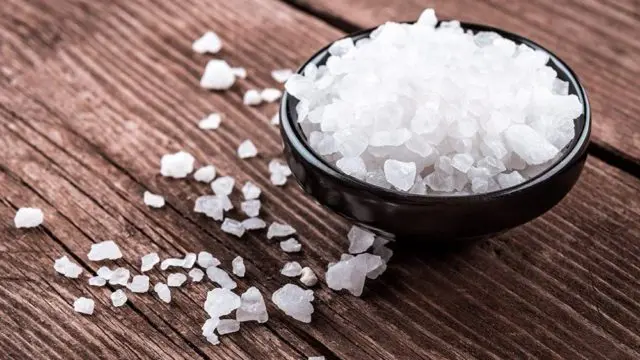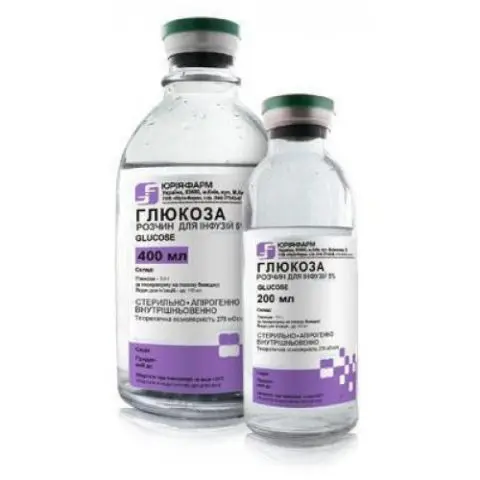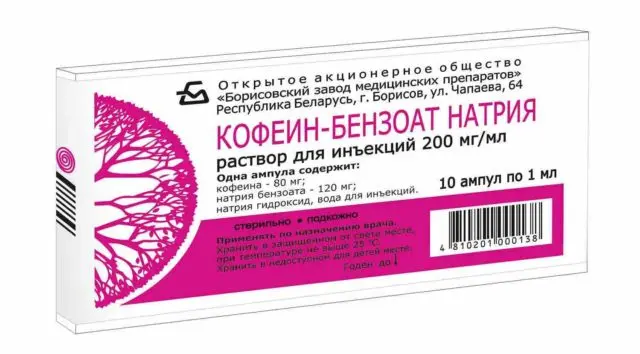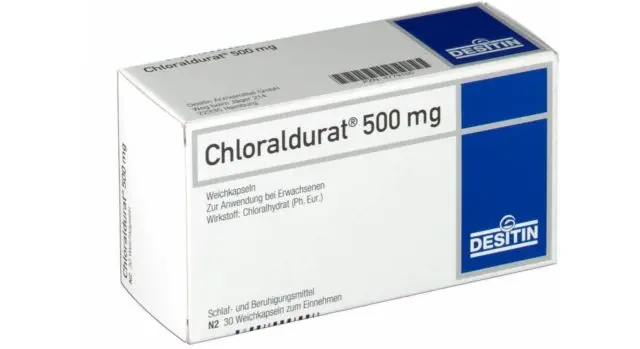Contents
Poisoning is the most common cause of cattle mortality. When the first warning signs appear, you need to act quickly, before the toxins have time to penetrate into the blood. Any delay can lead to the death of the animal. Therefore, every cattle breeder should know the symptoms and treatment of poisoning in a cow in order to provide timely assistance.
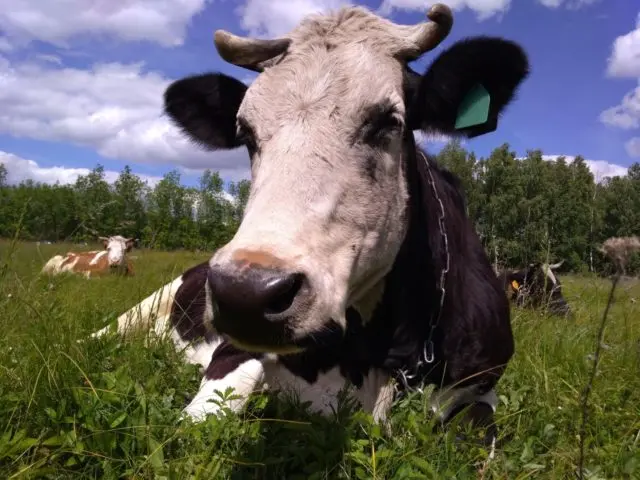
Causes of poisoning in cattle
Cows are not selective to feed and therefore eat everything that comes their way, especially when pasture walking. This feature is the main cause of food intoxication.
The main provoking factors that can cause food poisoning in a cow are:
- Potatoes. This vegetable, if improperly stored and used, produces solanine, which leads to digestive dysfunction in the cow. It is possible to identify the content of a harmful substance by the green tint of the peel and germinating processes. This occurs as a result of exposure to sunlight or long-term storage of tubers.
- Poisonous plants. They can enter the body of a cow during pasture walking, as well as with freshly cut grass or in hay. The most dangerous of them are lupine, ragwort, hemlock, buttercup, fern. The stems and leaves of these plants contain toxic substances that block the digestive system, cause poisoning and can lead to death.
- Chemicals. Nitrates, pesticides, insecticides are widely used to control plant diseases and pests. Therefore, the toxic substances they contain can enter the body of a cow along with treated grass, hay or water.
- Sugar beet. This root crop has a high sugar content. With its excessive use, the component is fermented with the release of a large amount of lactic acid, which is the cause of poisoning.
- Poor quality feed. Pathogenic microflora actively reproduces in spoiled food. Eating it by a cow leads to inflammation of the digestive tract. With further absorption of toxins into the blood, the functioning of the nervous system, kidneys, and liver is disrupted.
- Young corn. The cobs of the plant are often used as feed for cattle. The high carbohydrate content of corn stimulates rumen fermentation with subsequent release of lactic acid. Its absorption in the body leads to general intoxication.
In addition to these factors, mercury, arsenic and other dangerous components can provoke poisoning.
Symptoms of poisoning in cattle
It is impossible to completely exclude the possibility of poisoning calves and adult cows even if all the rules of care, grazing and maintenance are observed. Therefore, it is important to be able to recognize the first signs of intoxication in order to help the animal in a timely manner.
Typical signs of poisoning:
- bloating;
- constipation or loose stools with impurities of blood, mucus and foam;
- general depression;
- wobbly gait;
- lack of appetite;
- increased heart rate and breathing;
- copious salivation;
- constricted or dilated pupils;
- elevated temperature;
- chills;
- cramps of the limbs;
- frequent urination;
- change in the shade of the mucosa in the oral cavity (blue – arsenic poisoning, redness in combination with ulcers – mercury);
- inappropriate behavior;
- mental arousal.
What to do if a cow is poisoned
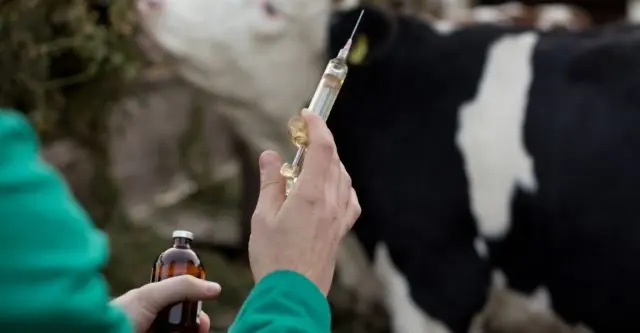
An experienced specialist should treat a cow in case of poisoning, since it is unlikely that the livestock breeder will be able to accurately determine the main cause by the identified signs. To neutralize the poison in the body, you need to wash the scar, give an antidote and introduce an enveloping agent to prevent further absorption of the poison into the blood.
It is necessary to select an antidote and treat poisoning in a cow depending on the cause of intoxication:
- Poisonous plants. For treatment, it is worth using acetic acid diluted with water at a concentration of 0,5%. The finished solution with a volume of not more than 2 liters should be poured into the cow’s mouth. In parallel, do a gastric lavage with potassium permanganate (0,1%), and then introduce glucose and urotropin 10%.
- Mercury. To improve the cow’s condition, you need to use Strizhevsky’s antidote to neutralize the poison. In the future, a sick animal should be given milk or mucous decoctions to drink, which will create a protective film and prevent further absorption of toxins.
- Nitrates. Methylene blue in the form of a 1% solution helps to neutralize the action of these harmful components. After that, you need to wash the stomach through a tube.
- arsenic. Washing with 1% burnt magnesia will help neutralize the poison. Then the cow needs to pour milk into her mouth.
- Sugar beet. Washing in this case should be carried out with a 0,1% solution of potassium permanganate. After that, subcutaneously inject insulin to reduce the concentration of sugar in the blood and sodium chloride (5%).
- Chlorine-containing products. Initially, you need to carry out a gastric lavage, and then enter 15 g of sodium carbonate, glucose, calcium chloride.
When poisoning a cow with chemicals, you need to pierce the scar through the stomach. In addition, it is worth giving a lot of drink so that toxins do not linger in the body, but come out with urine. This will reduce their concentration in the blood.
Algorithm for gastric lavage.
- Insert a probe into the scar through the esophagus.
- Pour 20 liters of medicinal solution according to the cause of poisoning.
- Remove the contents of the stomach through a tube.
- Refill with 40 liters of the required fluid.
- Massage the peritoneum to stimulate the scar, which will allow the solution to be removed with a strong stream along with toxic substances.
At the end of the cleansing, give the cow the appropriate medicine depending on the poisonous substance.
Other groups of drugs that can be used for poisoning:
- Absorbents (white clay, activated carbon). They should be used immediately after eating poisonous components. After absorption of the toxin into the blood, they will be useless.

- Laxatives (Glauber’s salt). They help to remove toxins along with feces, but they must be used within an hour after eating the harmful component.

- Glucose. It should be administered with profuse vomiting and loose stools to prevent dehydration of a sick cow.

- Caffeinated products. Helps to normalize the functioning of the nervous system.

- Chloral hydrate. This drug helps to reduce muscle tension if the poisoning is accompanied by cramps in the limbs.

At the time of treatment, a sick cow must be provided with complete rest. The first two days you do not need to feed her, but give only plenty of fluids. During all this time, administer the drugs prescribed by the doctor, according to the indicated dosage and frequency.
On the 3rd day of treatment, the animal should be regularly offered liquid food in the form of flour or oatmeal mash. After the condition improves, it is necessary to accustom the cow to the usual feed gradually, adding in small doses. This is due to the fact that the restoration of the digestive system requires a certain amount of time.
Prevention of poisoning in cows
The likelihood of poisoning in a cow can be minimized if simple preventive measures are followed. They include a set of activities and help keep the cow healthy.
Basic rules for the prevention of poisoning:
- store food in a dry, well-ventilated area to prevent mold;
- do not let the cow out on pastures located near farmland treated with chemicals;
- properly store potatoes, preventing the formation of solanine in it;
- when harvesting hay, carefully inspect the pasture for poisonous plants;
- graze a cow in safe areas where no chemicals were used and there are no potentially dangerous crops;
- daily consumption of sugar beets should not exceed 12 kg per adult cow;
- conduct a thorough check of the feed at the stage of preparation, purchase, paying attention to the composition, consistency, moisture content, as well as the presence of parasites and moldy fungi;
- after using chemicals, dispose of the packaging, preventing the ingress of harmful components into rivers, lakes and other watering places for cows.
Conclusion
Knowing the main symptoms and treatment of poisoning in a cow, you can help a sick animal in a timely manner and thereby save his life. Any delay in this case can cause the death of the entire herd.
But in order to prevent this, it is worth observing the basic rules of care and maintenance, since poisoning is easier to prevent than to restore the health of a cow for a long time.










